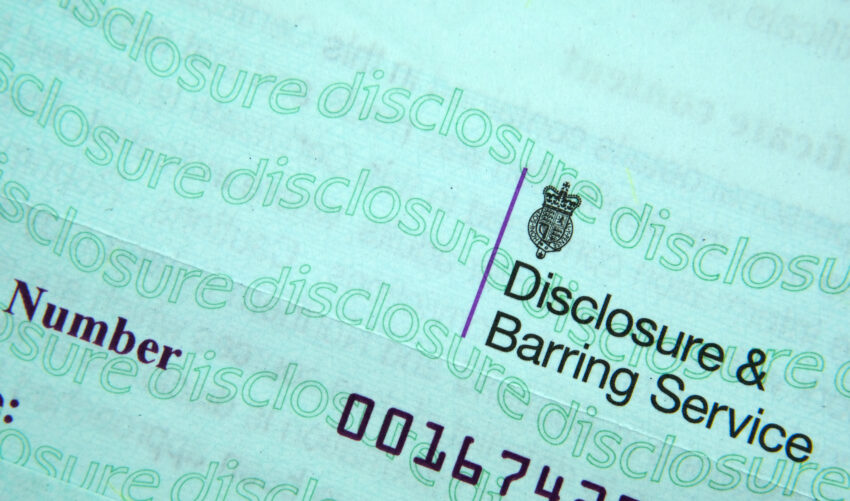DBS checks have become a common requirement in a wide variety of industries. They play an important role in the recruitment process and are essential for effective safeguarding techniques.
There are even companies like Personnel Checks providing a dedicated DBS checking service for employers. So, why are these forms of checks so in demand, and what information can you expect to discover?
In this article, we look at what information actually comes up when DBS checks are made, to give both employers and employees a more thorough understanding of why they’re useful and what to watch out for.
Different levels of checks
There are three different levels of DBS check and what shows up depends on which check is being carried out. Below is a quick outline of what the different checks consist of:
- Basic check: the basic check looks for basic criminal convictions and warnings which are currently unspent. This means that any convictions or cautions which happened a certain amount of time before the test is carried out won’t show up. How long it takes for something to stop showing up depends on the offence. The basic check is the most common check and is used in a variety of industries such as retail and hospitality. It is also the only check which individuals can have carried out on themselves.
- Standard check: the next level is the standard check, which, in addition to the above, shows spent convictions, warnings and reprimands. This type of check must be requested by authorised bodies and is a common requirement for individuals working with children and vulnerable adults, although not generally in an unsupervised situation.
- Enhanced check: this is the most in-depth type of DBS check. It can be carried out in two different ways, either the enhanced DBS check on its own or combined with a barred list check. The enhanced check looks for everything in the standard check, and any other potentially relevant information held by local police departments.
If the barred list check is included, it will also see if the individual is on any lists which bar them from working with any groups of vulnerable people or information. Professions where this test is often required include healthcare, education and other care workers.
Will pending cases or allegations be revealed?
Pending cases or allegations won’t show up on basic or standard checks. Whether they show up on enhanced checks depends on whether the police department thinks the information is relevant to the role being applied for. For example, an allegation of crimes against children or other vulnerable people would likely be deemed relevant, but a tax-related offence might not show up.
Be upfront about anything that could show up
In general, the best policy with DBS checks is honesty. If you think something might show up, it’s best to explain the situation to your potential employer beforehand so that you can cover the situation on your own terms. If a past offence comes up and you haven’t been honest about it, it will seem like you have something to hide.
Always make sure that you get DBS checks carried out with a verified DBS checker, to ensure that all the information which is unearthed is completely accurate.


